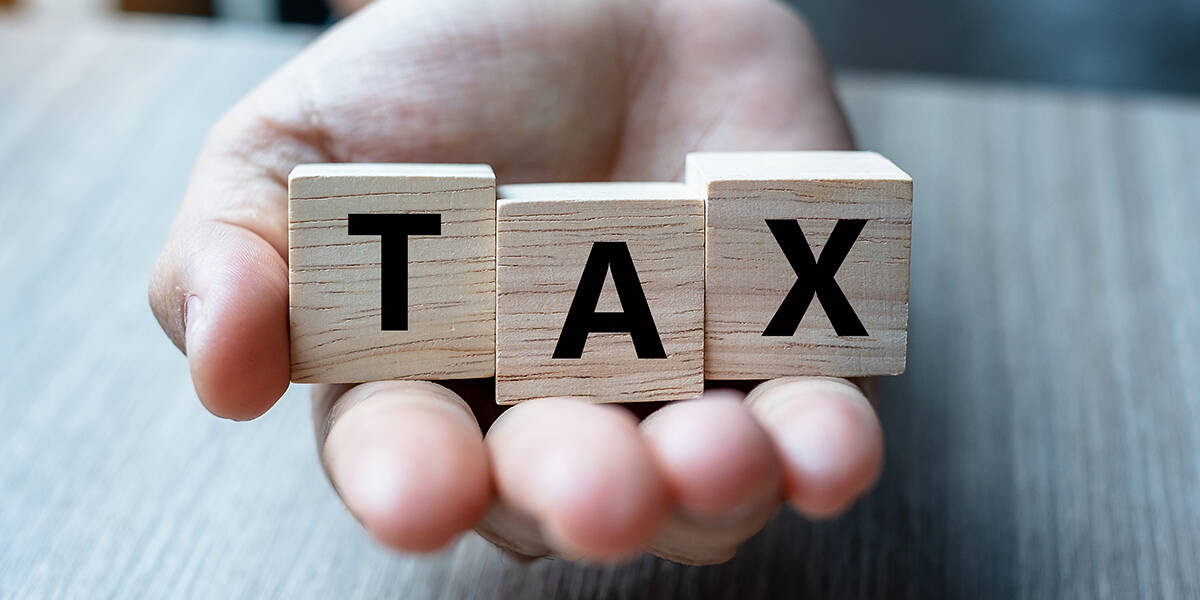

The two tiered profits tax rates Hong Kong are in full effect and apply to most businesses. If you operate a business in Hong Kong, you will need to know about this tax system.
Before we go any further, it is important to ask, what is the two tiered profits tax rates Hong Kong? To help you prepare for your business and run it smoothly, we seek to answer this question and many more you may have in this article.
Two Tiered Profits Tax Rates Hong Kong: What Are The Two-Tiered Profits Tax Rates?
The two tiered profits tax rates Hong Kong system is a recent development designed to make the tax system more competitive. The two tiered profits tax rates Hong Kong system governs that for the first taxable 2 million HKD a corporation makes in Hong Kong, the tax will be 8.25%.
In the case of Hong Kong partnerships and Sole proprietorships, the tax will be 7.5%. If the assessable profit is more than 2 million HKD, then the tax rates will be higher. In such a situation, the tax for corporations will be 16%, while it will be 15% for sole proprietorships and partnerships.
Which Taxpaying Entities Qualify For The Two Tiered Profits Tax Rates Hong Kong?
The two tiered profits tax rates Hong Kong may be in full effect, but not all companies are subject to it under Hong Kong Laws. Generally, every entity with profits that can be taxed is qualified for the two-tier tax system.
The only exception to this tax system is companies with other connected entities nominated for the two tiered profits tax rates Hong Kong system. Only the nominated entity will be eligible for the two-tier tax system in such a scenario.
Other criteria that prevent a company from being eligible for the two-tier tax rate include:
- A company deciding to make an election to qualify for insurance business and insurance brokerage business.
- A company deciding to make an election to qualify for the corporate treasury center.
- A company deciding to make an election to qualify for aircraft lessor.
- A company deciding to make an election to qualify for aircraft leasing manager.
- A company deciding to make an election to qualify for ship lessor.
- A company deciding to make an election to qualify for ship leasing manager.
Any company under the above elections will not be eligible for the two tiered profits tax rates Hong Kong.
What Is The Profits Tax Rate Under The Two Tiered Profits Tax Rates Hong Kong Regime?
Entities that fall into this criterion are not eligible for the two tiered profits tax rates Hong Kong. Instead, the entities in this criterion will be taxed according to the property tax rate or standard tax rate at 16.5% or 15%, respectively.
The chosen tax will depend on which applies to the entity in question. Under one exemption rule, a company may still be eligible for the two-tier rate if it elects for it. In such a scenario, the commissioner will determine whether or not the two tiered tax system will be applied.
Should the commissioner approve this, there will be an assessment period of one year, where one of the connected entities will be eligible for the two tiered profits tax rates Hong Kong.
4 Rules Of The Two Tiered Profits Tax Rates Hong Kong Regime
The two tiered profits tax rates Hong Kong regime rules are designed to govern the system. Some of the rules that govern the two-tiered profits tax regime include:
- The first 2 million HKD is taxed at 8.25% for a corporation, with 16.5% applying for more than 2 million HKD.
- For businesses that are not incorporated, the first 2 million HKD is taxed at 7.5%, with 15% applying for more than 2 million HKD.
- Companies that choose to use the half-rate tax are exempt from the two-tier tax.
- Companies that have profits already taxed at the half-tax rate are exempt from the two-tier tax rate.
The anti-fragmentation rule was introduced to help ensure that corporations are benefiting from the reduced tax rate by dividing business activities between many companies.
How We Can Help Your Company With The Two Tiered Profits Tax Rates Hong Kong
The Hong Kong business landscape is very progressive, with the two tiered profits tax rates Hong Kong being a prime example. It is little wonder why many businesses are opting for Hong Kong to gain a foothold in the Asian market.
If you are incorporating a company in this country, you may want to know if you qualify for the two tiered profits tax rates Hong Kong. To avoid any unnecessary confusion, you can let experts like Premia TNC assess your company and let you know where you stand.
Where a company has several companies under it, it can only choose one that benefits from this favorable tax. If the two tiered profits tax rates Hong Kong is too confusing, or you need help with it, you can turn to Premia TNC.
With a long-standing presence in the Hong Kong tax industry, we are able to assess your company, allowing us to advise on taxation matters. We can also help you with the stressful tax process, allowing you to focus more on growing your business.
Two Tiered Profits Tax Rates Hong Kong – Frequently Asked Questions
Can two sole proprietorship businesses owned by one individual both be eligible for the two-tiered tax system?
The two sole proprietorships will be treated as connected entities in this situation. Only one of the companies can qualify for the two tiered profits tax rates Hong Kong, which is usually done by election.
Therefore, the other entity would be taxed at the property tax rate or standard tax rate at 16.5% or 15%, respectively.
Can multiple connected entities elect the two-tiered profit tax rate?
Based on the system, only one company from a group of connected companies may qualify for the two tiered profits tax rates Hong Kong. An election is only applicable where there are no other connected entities electing for the two-tier profit tax rate in the same year.
Under certain conditions, it may be possible for one company from a connected group different from the one elected to elect for the two tiered profits tax rates Hong Kong in a different year.
What is connected entities?
Connected entities are defined in multiple ways, but it usually involves both entities sharing common ownership.
- A connected entity is seen as a situation where one company controls another.
- A connected entity is seen where the same entity controls multiple entities.
- A connected entity is seen where one person controls more than one sole proprietorship.

premiatnc
View All BlogsRelated Posts
April 18, 2024
Initiating Maximum Returns with Hong Kong Tax Incentives
Hong Kong, renowned for its dynamic…
April 15, 2024
Trademark Registration In Hong Kong: What You Should Know
Trademark registration in Hong Kong…
April 15, 2024
Importance of Hong Kong Company Financial Statements: How to Prepare It Well
In the realm of business, Hong Kong…




